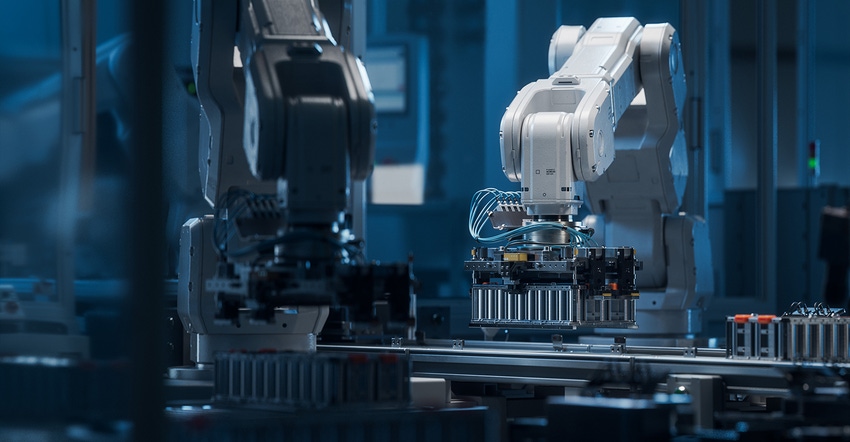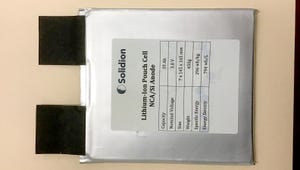Siemens & Voltaiq: Innovative Battery Manufacturing Collaboration
Explore the challenges and strategic solutions in battery manufacturing as Siemens and Voltaiq collaborate to optimize quality control, streamline processes, and enhance efficiency for a sustainable and innovative future.

The surging demand for battery manufacturing presents many challenges that require smart solutions. Quality control emerges as a paramount concern, needing harsh measures to ensure the reliability and safety of batteries, urging manufacturers to streamline processes and invest in innovative technologies. Successfully navigating these complexities is crucial for the battery industry to thrive in this growing demand for batteries, fostering sustainable and efficient solutions for energy storage needs.
Siemens and Voltaiq have formed a collaborative alliance to address the complex challenges in battery manufacturing. Leveraging Siemens' expertise in industrial solutions and Voltaiq's advanced battery intelligence platform, the collaboration embodies a strategic effort to help the battery manufacturing industry scale operations from initial testing to full-scale production lines.
Siemens’ Insights Hub proven industrial IoT solutions, combined with Voltaiq’s comprehensive suite of battery-specific monitoring, visualization, and advanced analytics capabilities, claim to target the core challenges in battery manufacturing—quality control and consistency, increasing production, process efficiency and waste reduction, and high costs.
Quality control and consistency are vital, demanding rigorous checks to meet performance and safety standards amid varying manufacturing conditions. Scaling up production, especially for electric vehicles (EVs), poses a challenge, necessitating efficient management of automated facilities. Addressing complex chemical processes, manufacturers aim to optimize efficiency and reduce waste, balancing cost and environmental concerns. High costs in raw materials, manufacturing, and technology development prompt the need for constant reductions without compromising product quality.
“Our collaboration with Voltaiq aligns with Siemens’ ongoing mission to continue delivering Industrial IoT value. By integrating our efforts, we not only help to enhance operational decision-making but also assist our customers to accelerate the digital transformation of organizations, contributing to a new era in battery manufacturing,” stated Raymond Kok, SVP and Managing Director, Cloud and Edge Foundational Services, Siemens Digital Industries CTO.
“The battery industry is struggling to scale and needs to improve quality and decrease scrap rates rapidly in order to stay competitive,” stated Tal Sholklapper, CEO and Co-Founder, Voltaiq. “By joining forces with Siemens, we're able to deliver a complete solution to help accelerate toward an electrified future.”
The collaborative efforts of Siemens and Voltaiq prove instrumental in mitigating risks associated with late-stage problem discovery. By proactively tackling issues at this crucial juncture, where manufacturing yield—the metric that measures the percentage of defect-free and acceptable products that meet the specified quality standards out of the total number of units produced—and profitability are most vulnerable.
Companies like Siemens and Voltaiq enhance the efficiency of battery production and contribute significantly to the industry's overall sustainability. This strategic alliance marks a technological leap and reinforces the commitment to fostering reliability, profitability, and innovation in the dynamic landscape of battery manufacturing.
About the Author(s)
You May Also Like





